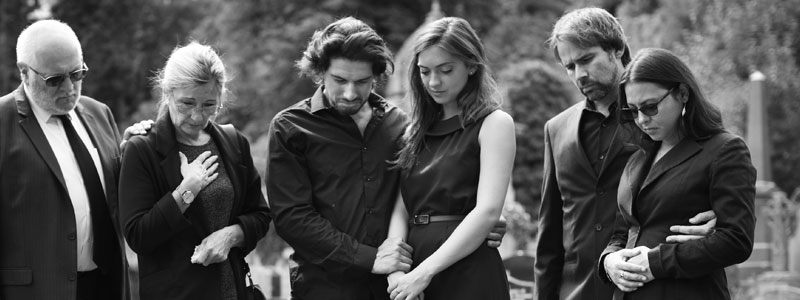My Loved One Passed Away from Mesothelioma. Can I Still File a Claim?
Mesothelioma is something with which no individual or family should ever have to deal. Unfortunately, any number of old structures, from homes to warehouses, built with asbestos can cause mesothelioma. We often see cases of mesothelioma as a result of workplaces whose building materials are out of date and therefore expose workers to dangerous amounts […]

Available 24/7
Free Case Review
You won’t pay any fees until we win your case.
It’s easy - you can:


